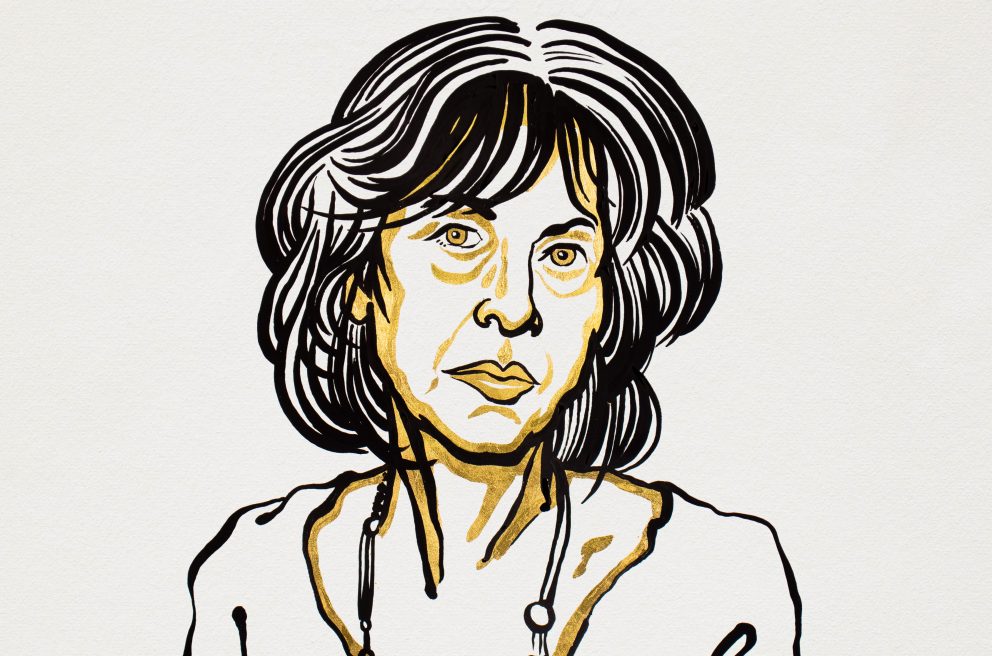09/10/2020

John Style, Senior Lecturer of the Department of English and German Studies (URV) teaching English Literature
Contemplating Light and Darkness
The choice of Louise Glück for the Nobel prize for literature this year is one that many poets have openly celebrated. She is a poets’ poet, and certainly as good as any poet writing today. Writing, that is, in a voice that is uniquely her own, and yet of universal appeal

The choice of Louise Glück for the Nobel prize for literature this year is one that many poets have openly celebrated. She is a poets’ poet, and certainly as good as any poet writing today. Writing, that is, in a voice that is uniquely her own, and yet of universal appeal
In all, Glück has published 14 collections of poetry, won the Pulitzer Prize in 1993 for The Wild Iris and was named Poet Laureate in 2003. On her nomination for that post, she said she had ‘no concern within widening her audience’, preferring one that was ‘small, intense and passionate.’ Given the economic implications of this small-scale ambition, Glück earns her living by teaching Creative Writing at Yale and Boston Universities, and has also written two books of poetry criticism.
So, what can we expect to find when we pick up a collection of Glück’s poems? She writes in a direct free verse, aiming for a language that is plain and transparent, not flowery and ornate. A word you often find about her work is ‘austere’. Her voice is in the tradition of New England Puritanism. She is not Puritan in her ideology; there’s no nervousness about contemplating the body and sensuousness pleasure. Rather, her language is pure, in the sense that there is nothing extraneous, the mind strives for clarity, through language, with the result that her English is really quite accessible to a poetry reader for whom English is not their mother tongue.
Some people have described her poetry as confessional; though it speaks in an intimate tone, it’s not about the author’s life. A Glück poem will often contemplate a simple activity, like burning leaves, a boy looking at an attractive girl in a square, or a mother talking about cooking, frequently through a character’s eyes. In the unerringly honest observation of the thought processes, she passes from observations on the ever-shifting tensions of our personal and social relationships to an understanding that sets the meaning of the moment, intensely illuminated, within a context of change and transience. For example, in her poem Twilight she observes the play of light over the material world with delight: ‘Green things followed by golden things followed by whiteness—abstractions from which comes intense pleasures, like the figs on the table’. See how she moves effortlessly from observation to abstraction and its delights, back to the concrete.
But despite this intense engagement with the material world, darkness is the context of so much of Glück’s poetry. But it is not a darkness that she fears, as annihilation, but is an inviting space, in which we are invited to contemplate the ultimate truth of our lives. From Midnight: “There were the moments I lived for./I was I felt mysteriously lifted above the world/So that action was at last impossible, /Which made thought not only possible but limitless.”
More news about: Nobel prizes, Opinion
